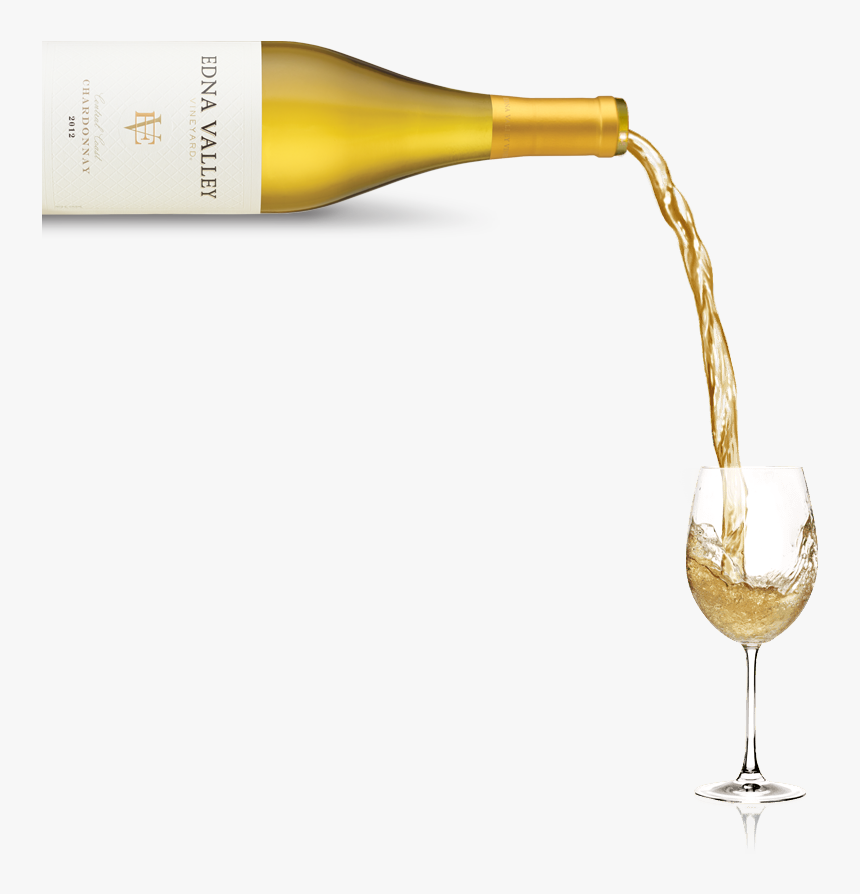Your intrepid liquor reporter was cranking out a batch of home brew in his garage last week, when I decided to add a few generous dollops of honey I had just picked up at the farmer’s market.
Lest you think that your intrepid liquor reporter was the first one to strike upon the idea of mixing booze with honey, this is a practice that dates back thousands of years. As long as people have been boozing, they have been adding honey to sweeten the hooch.
Cave paintings as old as 15,000 years show humans collecting honey from wild hives. Since the process of fermentation was not understood for millennia, early attempts at booze were often a thin and sour gruel, so it is no stretch of the imagination to assume that honey was added to sweeten those vile early versions of hooch.
Here in Alberta, we are blessed with both abundant fields of barley grain for making great beer, as well as endless meadows of flowers adorned with flitting honeybees. The prairie provinces produce the vast majority of honey in Canada, with Alberta the clear leader, owning 40% of the national honey market.
This makes Alberta the perfect locale for adding honey to booze, and it is not limited to beer. Alberta kicked off a mead renaissance back in 2008, and now boast 3 meaderies producing honey wine, all within an hour’s drive of Calgary.
Mead is also known as a honey wine, and is as simple as diluting honey with water, then letting wild airborne yeasts ferment the mixture while exposed to the sun.
Those party-hardy Vikings were early adopters of all types of booze, and were one of the first to enjoy a crossover between mead and beer. It was an ancient hooch named Braggot, which was basically mead mixed with fermented grains, making a drink halfway between a beer and a mead.
Big Rock put out a one-off seasonal brew made in the style of a Braggot a few years back, but it was only on the market briefly. Fortunately, the Fallentimer Meadery in Water Valley puts out a Braggot all year round, so if you want to drink like a Viking, be sure to seek them out.
Even the whisky industry is not immune to the tempting wiles of sweet honey, with Crown Royal, Jack Daniels, Wild Turkey, and many other distillers releasing honey-infused whiskies over the past few years.
Getting back to beer, you may recall seeing Big Rock Honey Brown Lager, or Sleeman Honey Brown Lager at your friendly neighbourhood booze merchant.
Being a local brewer, Big Rock is proud to announce that they source their honey from beekeepers in Three Hills, located about an hour north of Chestermere, in the heart of Alberta honey production.
Like the commercial examples of Big Rock Honey Brown or Sleeman Honey Brown, the homebrew I was cranking out in the garage started out as an amber ale, but magically became a honey ale by adding a few dollops of the sweet stuff to the fermentation vat. After a few weeks of conditioning, it will be on tap in my man cave, for the enjoyment of the drunken reprobates in my social circle.
Amber and Brown ales are common bases for honey beers, as the sturdy malt backbone provides a structure that complements the sweetness of the honey. As with all things beer-related, balance is key, so it is important that only subtle hints of honey come through, to avoid overpowering the beer.
Your humble narrator prefers using clover honey in his homebrew to add floral aromatics without being cloyingly sweet, mixed half-and-half with buckwheat honey, which provides a malty flavor that complements the malt bill in the beer.
As an added bonus, beer is helpful for bees as well. Naturally occurring beta acids in hops repel the Varroa Mite, a parasite that attacks bees, and is a major cause of the colony collapse disorder that has been killing off bees by the millions. This means that the hop vines growing in my backyard are helping to save the honeybees!
With the honeybees now fully emerged from their winter hibernation, this is the perfect time to give thanks for all their labours by enjoying a honey beer today. Look for one at your friendly neighbourhood booze merchant!





